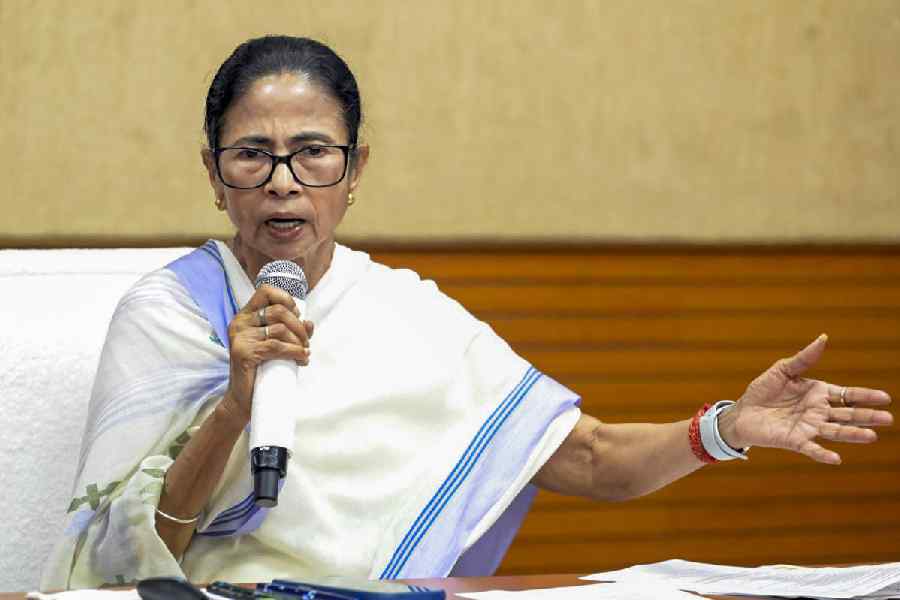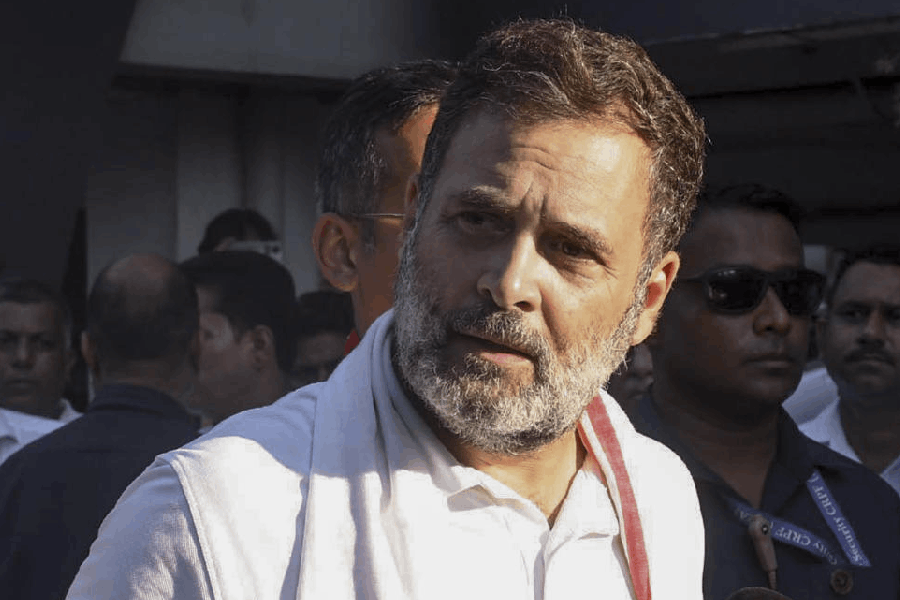|
|
In his defence of further extending reservations to the other backward classes, P. Chidamabaram, a late and curious convert to the new reservation mania sweeping the government, predictably invoked the example of South India as providing evidence for the fact that reservations might not be incompatible with merit. Indeed, the South Indian example is often invoked as evidence of the fact that reservations work: South India?s developmental success, so the argument goes, can be attributed to reservations.
It is not easy to respond to such arguments for a variety of reasons. First, developmental success is the product of a number of factors, and it would be stretching the logic of simplicity to attribute success or failure to reservations alone. Countries as diverse as Nigeria and Malaysia have both relied on reservations, with very different results. Any fair-minded, rather than merely rhetorical, assessment of South India?s success would probably place greater weight on other factors: better land distribution, enforcement of property rights, the mobilization for education, the structure of part competition, perhaps even the private college revolution that swept through many states in the region. So the overall development experience of South India has little bearing on the current argument.
Second, it is a pity that the argument about reservations should be reduced to, as Chidambaram did, the argument over merit. Invoking merit needlessly obfuscates the debate for a number of reasons. First, there is a whole range of questions at stake in reservation. Are they more effective than alternative ways of providing access? Do they displace the responsibility of the state onto institutions that are not equipped to carry them out? Have they become a substitute for the state discharging its real duties? Do the beneficiaries deserve reservation? How do we reconcile reservation with the autonomy of institutions? Do OBCs have the same historical claims as scheduled castes and scheduled tribes? Reservations are not about the single issue of merit alone.
Second, the argument over merit in our society is often very simple-minded. Indeed, the paradox of our society is that we have very stringent, unidimensional criteria of merit, often reduced to one test-score. There is very little room for developing innovative and broad-based conceptions of merit which include performance on a range of indicators that have to be ascertained by a variety of means. But the real issue in the debate over merit is this: who has the right to define what counts as the relevant form of merit? The trouble is that both reservationists and anti-reservationists share the same presumption: that institutions should not be left to devise their own criteria of merit. Some authorities might want to reward objective test scores, some might think there is merit in eccentricity and innovation, some might reward effort more than outcome. The trouble is that as a society we have reduced the argument over merit to ?merit versus no merit?, rather than creating space for experimenting with multifarious conceptions of merit. Our assumptions about merit are so warped that its invocation can often also be rhetorical.
This is not the occasion to go into the merits or demerits of the proposed increase in reservations for OBCs. The real worry about Chidamabaram?s statement is this. It is completely impervious to the institutional realities on the ground, even in the much-praised South India. Ask yourself this: Which institutions of higher learning in South India would you rate as world-class? The Indian Institute of Science? The Centre for Cellular and Molecular Biology, Hyderabad? If you were to stretch the definition of a world-class institution: Indian Institute of Management, Bangalore? In universities, perhaps Hyderabad Central would rate high. But none of these institutions had the kind of reservations that local state universities have. Indeed, barring these ?Central? institutions and an occasional undergraduate college, you would be hard-pressed to think of great universities or institutions in South India.
So the short answer to Chidambaram is this: please look at the state of educational institutions in South India. Are they not performing way below potential? Have not potentially world-class institutions like Osmania and Madras University become reduced to parochial non-entities, unable to compete even with Jawaharlal Nehru University or Delhi University, let alone world-class institutions? It would, of course, be simplistic to attribute their decline to reservations alone, but the idea that South Indian public universities are a paradise of excellence is deeply misplaced.
If the success and quality of institutions are measured by the way talent votes with its feet, South India fares no better. Getting rid of Brahmanism as an ideology was a good thing, but South India also lost immense amounts of talent in the way it went about this. Arguably, universities in North India were a great beneficiary of this exodus. But its principal beneficiaries were institutions abroad. A society that cannot retain some of its best talent will be impoverished in many ways, and there is a good reason South Indian institutions are not dominating intellectual and scientific debate to the extent they should. Again, the causes behind this phenomenon are complex, but the massive migration of talent that might otherwise have been in South Indian universities should warn us against being too complacent about the quality of institutions in South India.
Moreover, the issues of identification and capture of benefits that are at the heart of our reservation politics have deepened in South India over the years: just think of how intense the conflict between the Malas and the Madigas is in Andhra Pradesh. There is some evidence that reservations for OBCs is also heightening rather than diminishing existing forms of dominance; and there is certainly very little evidence that reservation is an effective anti-poverty measure. It is absolute common sense that opportunities are far more co-related with income and parents? education than with almost any other variable. It is a bit odd to pretend that reservation is the key to the empowerment of the South.
Chidambaram also displayed what has become a ubiquitous feature of the political class: the foisting of its own pedagogical predilections on educational institutions. Perhaps even more appalling than the suggestion of extending reservations for OBCs is the claim that the state should simply increase the number of seats available in existing institutions. In principle this may not be a bad idea. But under prevailing conditions, it is yet another example of the way in which we subordinate the pedagogical goals of institutions to the logic of political calculus.
Institutions like the IITs and Delhi School of Economics are facing severe faculty shortages. Should the government unilaterally decide to increase the intake in a hurry? What will be the effect of transforming intake on quality? The central point that Chidambaram missed is that reservation reflects a mindset that expresses statism more than social justice, and this statism has destroyed institution after institution.
No one in his right mind would deny that access to our best institutions should be as widely distributed across social classes as possible; there was even a consensus that the historical deprivation of SC/STs entailed extraordinary measures. But Chidambaram?s statement is a reminder that the debate about reservations for the OBCs is not about social justice any more. It is about a finance minister who, instead of finding means to adequately fund the true source of empowerment, education, is, like his colleagues, engaging in a politics that will neither deliver justice nor alleviate poverty. There are many good things to learn from South India, but its rhetorical invocation in the reservations debate is neither here nor there.











